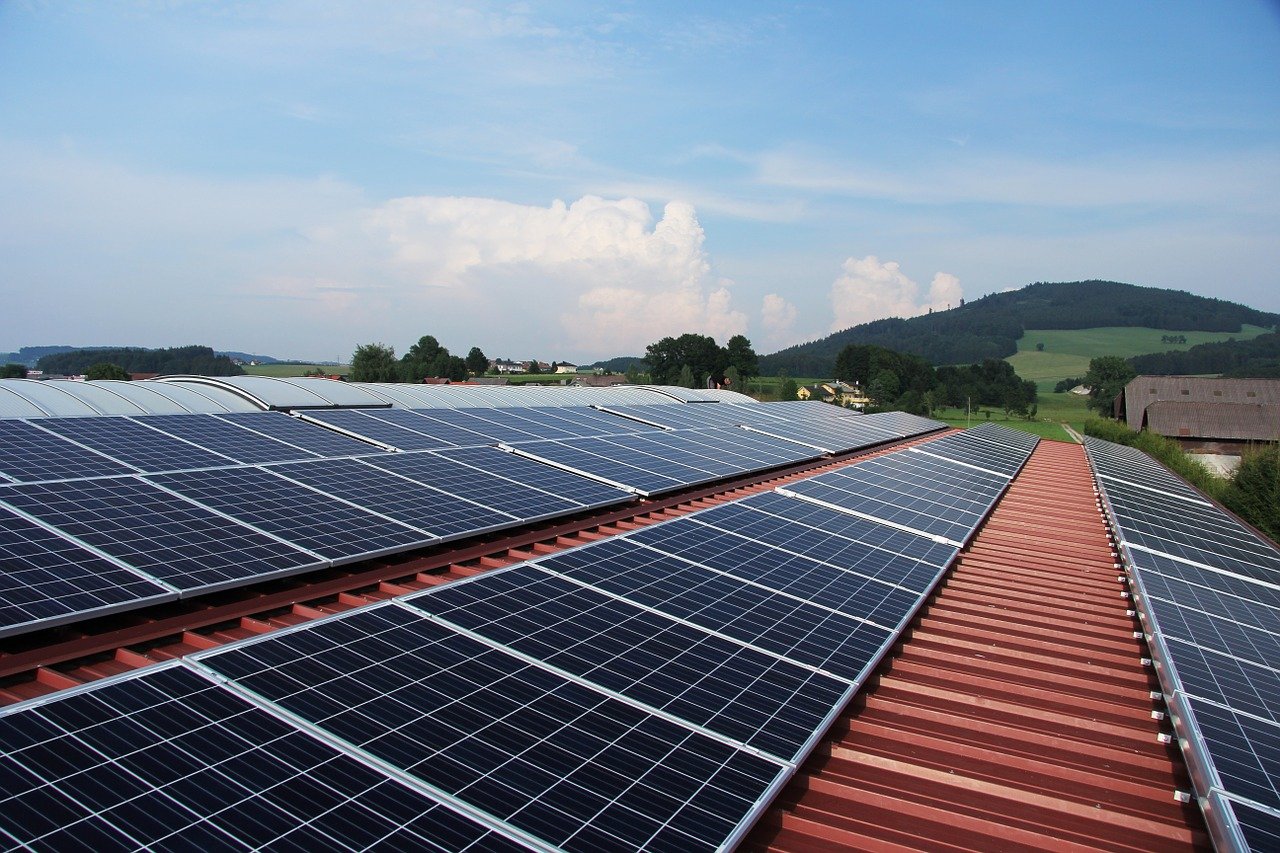Poly Tarp vs. PVC Tarp: What’s the Difference?
Have you ever wondered why some tarps are labeled as “poly tarps”? It can be a bit confusing, like trying to figure out why some sausages are called “snags”! We’re here to clear up the confusion and explain the differences between a regular tarp and its more specialized cousin, the poly tarp, also known as a builder’s tarp.
But why should you care about tarps in the first place? Even if you have a roof over your head, tarps can be real lifesavers in various situations. Let’s explore why.
What is a Tarp?
First things first: what exactly is a tarp? A tarp (short for tarpaulin) is a large, durable sheet of material designed to protect items from the elements, particularly rain and moisture.
Tarps are typically made from strong materials like canvas, polyester, or plastic compounds such as polyethylene. They often feature a special coating, like polyurethane, that enhances their water resistance or even makes them completely waterproof. Think of it as a built-in shield against the rain!
So, what can you use a tarp for? The possibilities are endless:
- Protecting tools or equipment on a worksite from sudden downpours.
- Setting up a quick shelter during a camping trip.
- Covering loads in the back of your ute to shield them from wind and rain.
There are different types of tarps for various needs. Canvas tarps are breathable and ideal for covering furniture or machinery. Vinyl tarps are extremely tough, making them perfect for heavy-duty applications. And then there are mesh tarps, which allow air to circulate while providing shade—ideal for covering loads that need ventilation.
What is a Poly Tarp?
Now, let’s talk about poly tarps. A poly tarp is a specific type of tarp made from a synthetic material called polyethylene.
Polyethylene might sound technical, but all you need to know is that it’s incredibly durable and water-resistant—think of it as the Superman of tarp materials.
What really sets poly tarps apart from other tarps is their construction. They are made from woven polyethylene that’s coated with a layer of polyethylene laminate. This combination results in a tarp that’s tough, lightweight, and highly resistant to water.
Plus, most poly tarps come with reinforced grommets—small metal rings around the edges—making it easy to secure the tarp to just about anything.
Key Differences Between Poly Tarps and Regular Tarps
Now that you know the basics, let’s dive into what makes poly tarps different from standard tarps. Understanding these differences will make you a pro at choosing the right tarp for your needs.
- Materials
Poly Tarps: Made from polyethylene, poly tarps are lightweight, waterproof, and UV resistant.
Regular Tarps: Can be made from various materials such as canvas, vinyl, or mesh. Each material has unique properties, but none match the all-around effectiveness of polyethylene in poly tarps.
- Durability
Poly Tarps: Known for their toughness, poly tarps resist tearing and are suitable for heavy-duty tasks.
Regular Tarps: Their durability varies depending on the material. Canvas tarps are breathable but not as waterproof, while vinyl tarps are very durable but heavier.
- Cost
Poly Tarps: Generally more affordable than other types of tarps, making them a cost-effective option for most applications.
Regular Tarps: The cost can vary widely depending on the material. Canvas and vinyl tarps tend to be more expensive.
Conclusion
When it comes to choosing between a poly tarp and a regular tarp, poly tarps offer a winning combination of durability, water resistance, and affordability. They’re often the best choice for most applications.
But don’t just take our word for it—try out a poly tarp yourself and see the difference. Flynn Tarp Sales offers high-quality poly tarps that won’t disappoint. And if you only need a tarp for a short period, consider renting one from Flynn Tarp Hire, available in Melbourne, Sydney, and Brisbane.







